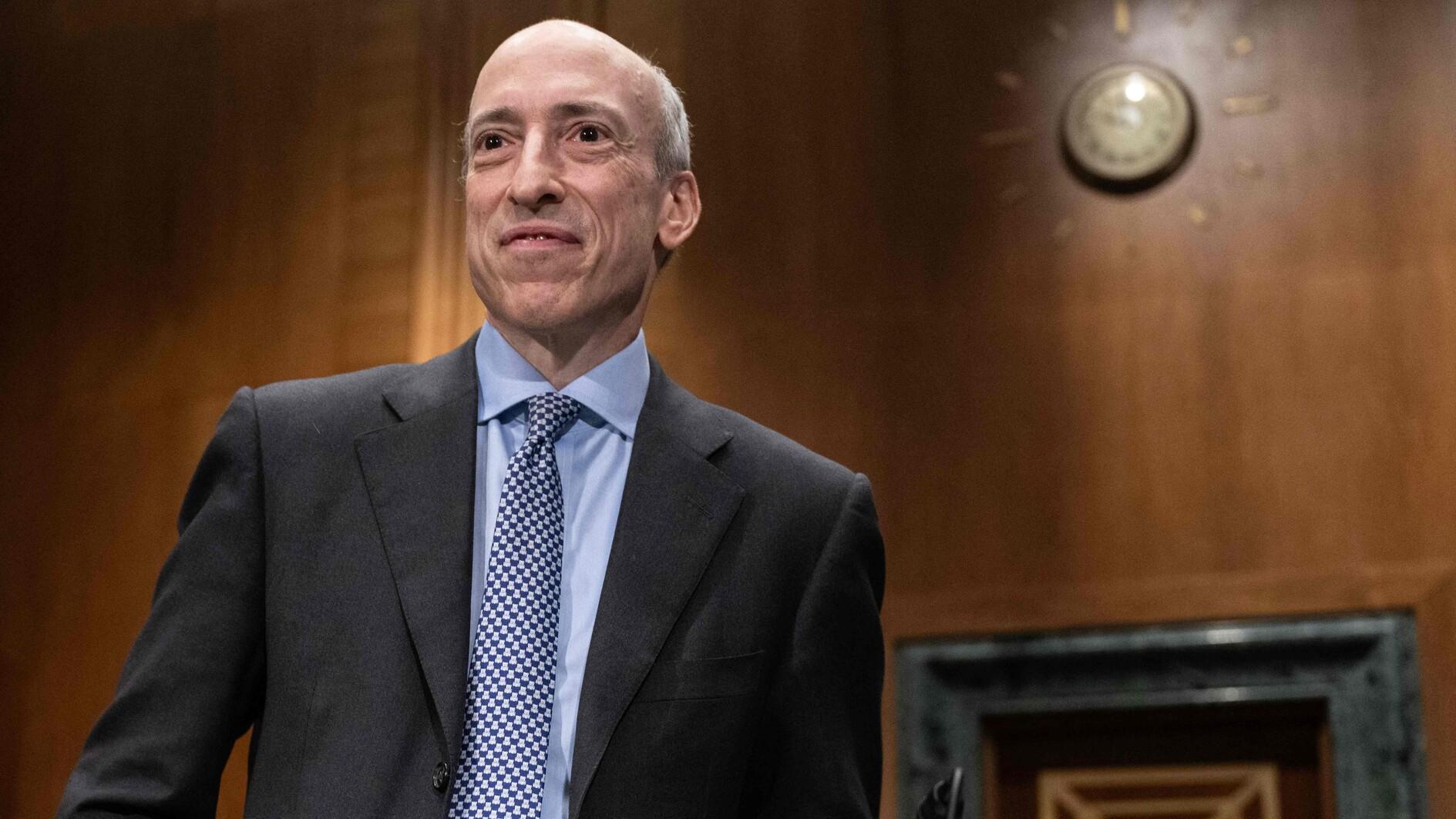Turkey’s foreign policy to be sharply affected in the aftermath of coup attempt
In late May, when Prime Minister Binali Yıldırım replaced Ahmet Davutoğlu, the long-term architect of Turkey’s foreign policy, especially in the Middle East, expectations were to observe radical changes in the country’s foreign policy, as the new prime minister said his objective was to increase the number of Turkey’s friends and reduce the number of its foes. He was quick to repair ties with Russia and Israel in late June and was willing to do the same with Iraq and Egypt as well.
After the July 15 coup attempt, however, it’s unlikely the government can keep us on the same trend in foreign policy. There are two main reasons behind this.
First, is the fact that Fethullah Gülen himself and Gülen-affiliated institutions, namely schools, charities, foundations, hospitals etc. already sit on the very core of the Turkish Foreign Ministry’s immediate agenda. The extradition of Gülen from the United States is on the top of the list of course. Turkey’s alliance with the U.S. and its close cooperation with it heavily depend on Washington’s approach to Turkey’s insistent request. U.S. Secretary of State John Kerry’s scheduled visit to Turkey on Aug. 24 seems to be very important in that regard. That visit will come just 10 days before President Recep Tayyip Erdoğan and U.S. President Barack Obama will be in China for the G-20 Summit and find an opportunity to meet in person, maybe for the last time before the latter leaves the White House. It seems there will be intense dialogue and diplomatic shuttling between the two parties until this issue is resolved.
Not only over Gülen, however.
Both before and after the coup attempt, hundreds of senior Gülenists fled the country. It’s very sure that the Turkish justice system has issued or will issue arrest warrants for many of these Gülenist figures abroad and will demand their extradition to Turkey. Former prosecutors Zekeriya Öz and Celal Kara, once favorable to the government, are believed to be in Germany and this will likely continue to be a contentious issue between Ankara and Berlin. In the meantime, Sweden has already announced that it won’t hand over those Turkish nationals that applied as political asylum-seekers.
Turkey will also have demands for the closure of Gülen-affiliated institutions in more than 100 countries. Azerbaijan, Somalia, Sudan, Niger and some more countries in Africa were swift to move toward this end, but there will surely be dozens of countries that won’t obey Ankara’s requests. This will likely spark tensions with countries we have ever had good and problem-free relationships with.
Second, it’s about to what extent Turkey will be able to pursue universal principles of rule of law, democracy and human rights in its long-term fight against Gülenists in the country. There are already serious warnings issued to Turkey over fulfilling its commitments to international conventions and EU standards. They have primarily come from EU countries and the EU itself. The sharpening quarrel between Ankara and European capitals is sufficient to prove the deterioration of ties and the course of accession talks and visa liberalization. The collapse of the migrant deal between the two sides would create hard to repair damages on ties.
In recent weeks alone we have observed a war of words between Turkish leaders and German, Austrian, Italian, Swedish and French politicians, among so many others. It might be well said that this rift has the potential to last longer than presumed and hurt ties harder than thought.
On the other side of the July 15 repercussions on Turkish foreign policy are Syria, the Cyprus talks and other regional and global matters.
On Syria, one can assume that Turkey will turn more inward and have almost no political or military leverage on ongoing processes in its southern neighbor. Turkey will likely have to leave its ambitions on the future of Syria aside and tolerate the advances of the Democratic Union Party (PYD) in northern Syria. It will even be hard for Turkish diplomats to find a seat around the table where the future of Syria will be shaped.
On Cyprus, there is no doubt that Greek Cypriots will start to drag their feet on reunification talks with the Turkish Cypriots after ties soured between Ankara and Brussels. International pressure on Greek Cyprus will likely fade away and talks could be further prolonged.
Under these circumstances, Turkey might opt to deepen its ties with Russia in a clear message to its Western allies. To this end, next week will witness a very important visit by Erdoğan to Russia’s St. Petersburg to meet his long-lasting regional partner Russian President Vladimir Putin. The two leaders will chair lengthy meetings accompanied by a number of ministers with the objective of preparing a long-term substantial action plan mainly on economic, trade and energy cooperation between the two nations.
Looking at the general picture, Turkey’s foreign policy has entered a long period of constant and hard fighting against allies while trying to build new friendships in its region.











